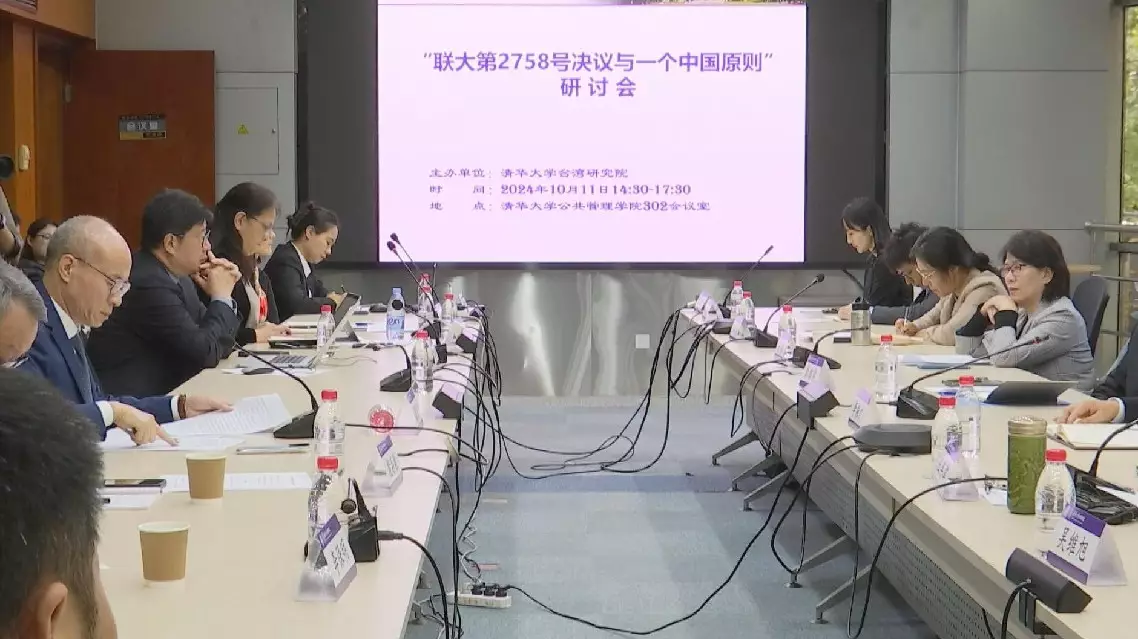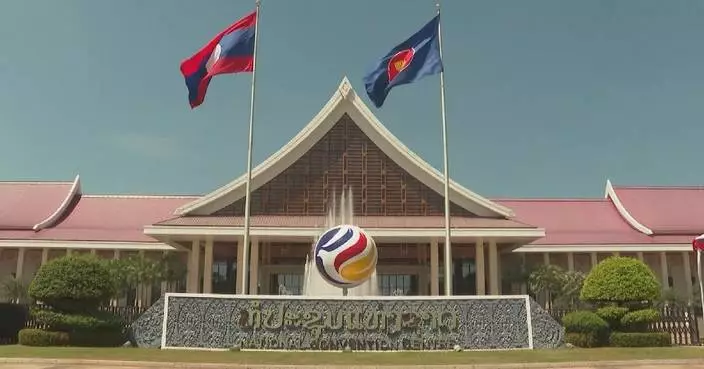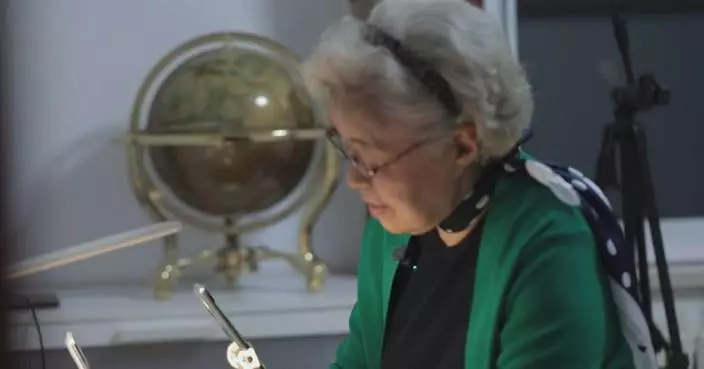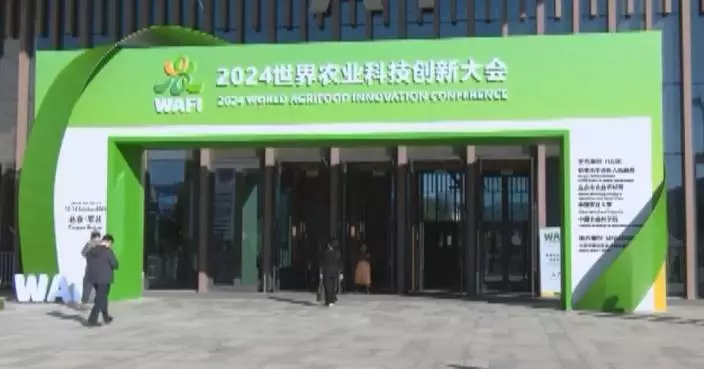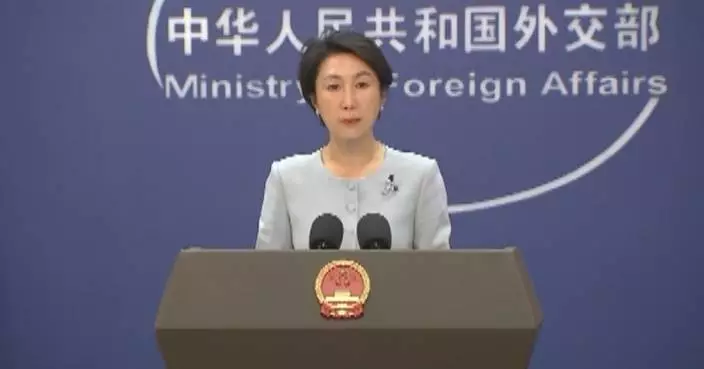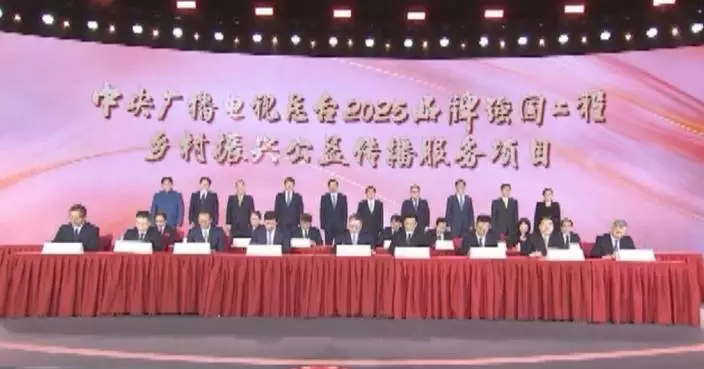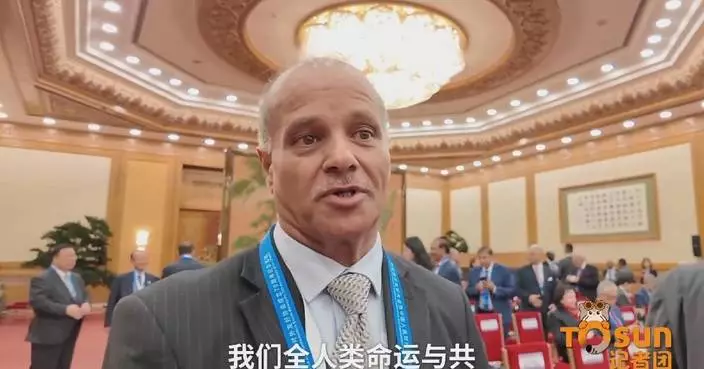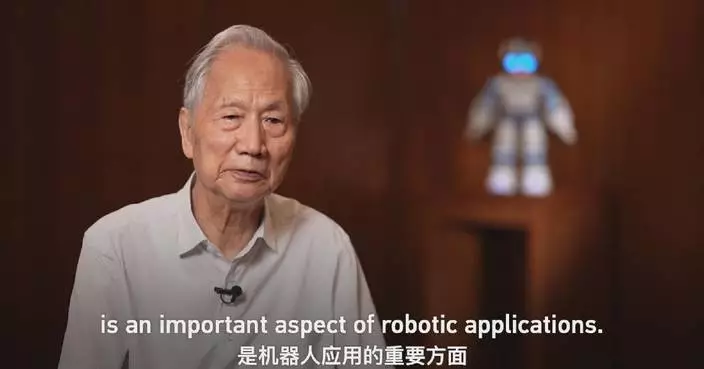Farmers in a remote town in northwest China's Ningxia Hui Autonomous Region are boosting their incomes by livestreaming sales of local specialties like goji berries and beef and mutton to consumers across China.
In the town of Dazhanchang in Zhongning County in Ningxia, Zhang Xiaohong has become a renowned livestreamer, using her smartphone to send images of her family's sheep to viewers every day.
While livestreaming didn’t come easily to Zhang for her first broadcast four years ago, the sale of 10 sheep made her realize this unique form of marketing was worth pursuing.
"I couldn't even speak properly during my first livestream. But I sold 10 sheep on my first try, and I was so happy. Since then, sales have been booming. I can sell over 100, even 200 or 300 sheep a day, and I even sold over 800 sheep in one day," she recalled.
Zhang's success exemplifies the rise of online commerce in Dazhanchang, a town with a population of 79,000, 63 percent of whom are from the Hui ethnic group.
In 2020, many local businesses transitioned to online marketing, leading to a surge in livestreamers. This prompted the town to establish the county's first social media influencer incubation base.
"I sell dried goji berries year-round, but I sell fresh goji berries from June to July. During the winter, we sell beef and mutton. This year, we sold over 40 tons of fresh goji berries, bringing in over 20,000 yuan (roughly 2,500 in U.S. dollars) a day," said Li Zhanlu, a villager from Shilaba Village.
The incubation base sparked a livestreaming craze, but many farmers lacked knowledge about policies and best practices. Li Xingmei, a young village Party secretary in Yuanfeng Village, addressed this by using livestreaming to provide answers and guidance.
"We held a training session to teach them how to livestream and what to be aware of, including public opinion and online reputation. I usually talk about policies during my livestreams, especially about rural housing construction and government subsidies for planting and animal husbandry. We started with a few dozen viewers, then it grew to 30, then 2,000, 3,000, and 5,000," she said.
Yuanfeng Village has adopted a model combining livestreamers, village cooperatives and farmers, which handles trademark registration and the expansion of the range of products on offer.
"We expect livestreamers' sales to reach over 100 million yuan with this project," said Su Junping, party secretary in Dazhanchang Town.
"Through our village platform, I earned over 20,000 yuan in three months," said Lin Caixia, a villager from Yuanfeng Village.
Dazhanchang now has 113 regular livestreamers who have generated over 170 million yuan in sales over the past three years, creating employment opportunities for over 600 people.
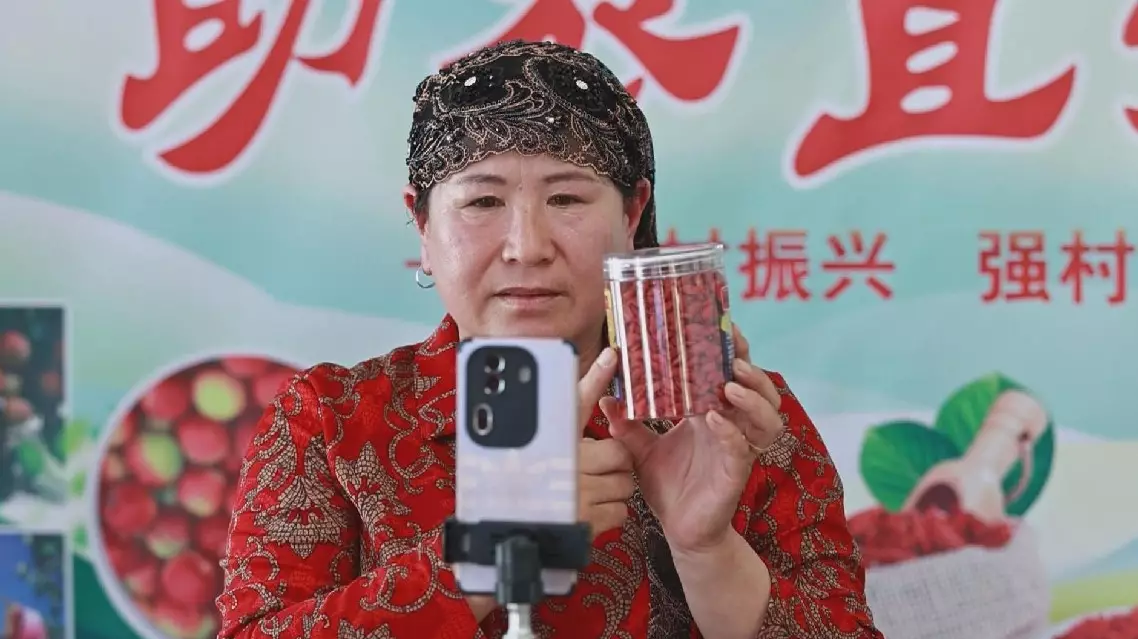
Ningxia farmers boost sales of their produce through livestreaming


